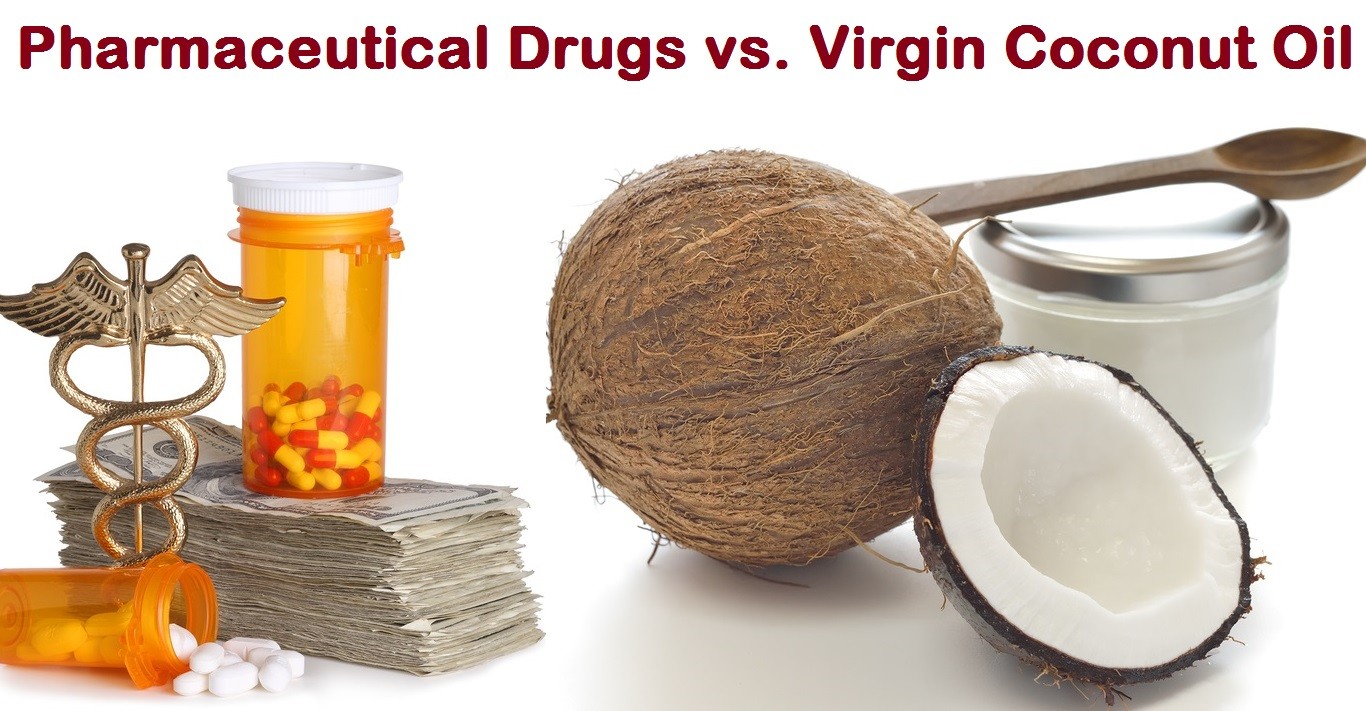
by Brian Shilhavy
Editor, Health Impact News
The U.S. Government’s official position on coconut oil today continues to be that it is dangerous for your health, and that you should either avoid it altogether, or only consume very modest amounts.
The reason that has been given for this official position for over four decades now, is because it is primarily a “saturated fat” which they want you to believe leads to high levels of cholesterol and heart disease.
But nothing could be further from the truth, as the whole “lipid theory” of heart disease has been completely debunked, along with U.S. Government dietary advice that condemns saturated fats, which are found primarily in animal fats and dairy, as well as in some vegetable sources such as coconuts and palm nuts.
Saturated fats have been part of the human food chain for thousands of years. Our ancestors here in the U.S. settled in this country consuming primarily these saturated fats, such as lard, beef tallow, and of course, butter.
Tropical countries where coconut palms grow have consumed the tropical oils of coconut and palm fruit oils for thousands of years.
And prior to the industrial age that began after World War II, heart disease was not a major cause of death.
The technological advances that came out of WW II gave us the ability to extract oils from plant sources that were never part of the human food chain, and that included primarily the expeller-pressed seed oils from corn and soy, which today are the main GMO crops that are sprayed heavily with glyphosate and a whole host of other herbicides and pesticides.
These polyunsaturated oils prior to the industrial age were only consumed as whole foods in nuts and seeds, since the technology did not exist prior to that to extract them with simpler technology, and these polyunsaturated oils have to be heavily refined just to make them shelf stable.
I have made it a personal standard for myself and my family over the years to NOT consume any dietary oil or fat that has not been in the food chain for at least 1000 years, which includes olive oil, sesame seed oil, black cumin seed oil, coconut oil, and palm oil from plant sources, and lard, beef tallow and butter from animal sources.
When it comes to coconut oil, the real reason why the U.S. Government attacks it is because they are protecting their lucrative drug industry, because the peer-reviewed medical literature shows that coconut oil can cure multiple diseases that Big Pharma wants to sell you drugs to “cure” instead. (But their drugs don’t “cure” because curing sickness is a terrible business model and eliminates their repeat customers.)
At the top of this list of drugs is antibiotics, and the peer-reviewed medical literature has shown that the fatty acids in coconut oil destroy pathogens since at least the 1960s.
And those studies continue to be published today, although usually outside the U.S. One of the latest ones to be published is in the journal Advances in experimental medicine and biology this month (August, 2023), titled: Antimicrobial Potential of Cocos nucifera (Coconut) Oil on Bacterial Isolates.
Abstract
This study investigates the in vitro antibacterial activity of coconut oil on selected clinical and pure bacterial isolates. Clinical samples were isolated from the people of Ras Al Khaimah, United Arab Emirates.
Biochemical examination of the microorganisms was done according to standard methods. Pure bacterial cultures were provided from LTA srl Italia. In this research work, an effort has been made to highlight the valuable properties of Cocos nucifera oil, in order to rationalize the use of coconut oil against bacteria.
Experiments were performed by agar well diffusion method. Ciprofloxacin was used as a standard antibiotic. The assay of antibacterial activity of clinical isolate of Streptococcus species showed the highest susceptibility to coconut oil while Escherichia coli had the least.
This study endorses the use of coconut oil as therapeutic agent since it contains lauric acid which is bactericidal. The utilization of coconut oil should be promoted as a functional food and the use of coconut seed flesh in our diets should be encouraged for health-supporting functions. Further studies should be done on the oil and its derivatives both in vitro and in vivo to unveil their mechanism of action. (Source. Emphasis mine.)
Lauric Acid – Used to Destroy Pathogens for Decades

Soy formula?? I want my mama’s breast milk!!
Coconut oil is composed of primarily “medium chain fatty acids,” or “medium chain triglycerides,” which is just another way of saying the same thing, and is often abbreviated as “MCTs”.
The star fatty acid in coconut oil is lauric acid, which is usually about 50% of the composition of coconut oil.
It has been used as an anti-bacterial for decades, including usage in food preservatives.
Coconut oil is nature’s most abundant source of lauric acid. The next closest source is human breast milk, which comes in at a distant second at around 6% lauric acid.
Lauric acid is primarily what makes coconut oil a “saturated” fat, which the U.S. Government wants to make you believe is unhealthy. But the truth is that saturated fats are healthy and disease-fighting, which is obviously why God included it in human breast milk for babies.
Yes, babies who are fed their mother’s breast milk until they are weaned, are being fed a high-saturated fat diet, and starting their life out by shaking their tiny fist in the face of the U.S. Government tyrants, who want to make them into pin cushions by vaccinating them from the time they are born.
While we cannot continue drinking our mother’s breast milk for the rest of our lives, God has given us coconut oil which is even higher in lauric acid.
If you search for “lauric acid” on the Health Impact News network, you will get over 100 results, with articles such as these:
Study: Coconut Oil’s Lauric Acid Reduces High Blood Pressure
Study: Lauric Acid from Coconut Oil Inhibits Cancer Cell Growth Without Affecting Healthy Cells
New Research on Coconut Oil Focuses on Replacing Antibiotics to Combat Antibiotic-resistant Pathogens
Study: Coconut Oil Fatty Acids have Bactericidal and Anti-inflammatory Activities Against Acne
Study: Lauric Acid from Coconut Oil Proves a Promising Weapon in the Fight Against Antibiotic Resistant Infection with Severe Burns
… and dozens of others.
You can keep up with the research on coconut oil on our peer-reviewed research page at CoconutOil.com, which I update regularly as I have done for over 2 decades now.
Also, please do NOT confuse what is sold in the market as “MCT Oil” as coconut oil. MCT oil is a byproduct of coconut oil, and is only the fatty chain acids that are left over once lauric acid is extracted.
I have nothing against MCT oil, except when people refer to it as “coconut oil” or claim that it is “better than” coconut oil. See:
MCT Oil vs. Coconut Oil: The Truth Exposed
If you want to read about how the U.S. Government and terrorists have tried to shut me down over the years and prevent me from bringing this information to the public, see:
Healthy Traditions: 20 Years of Demonstrating God’s Faithfulness in Offering an Alternative to Commodity Food and Products
Disclaimer: I earn my living from selling coconut oil and other healthy, non-polluted foods. I do not earn any income from Health Impact News.
But the FDA will not allow me to publish this kind of information on the same website where I sell coconut oil, because they say I am selling an “unapproved drug” that they have not given me authority to sell.
Comment on this article at HealthImpactNews.com.



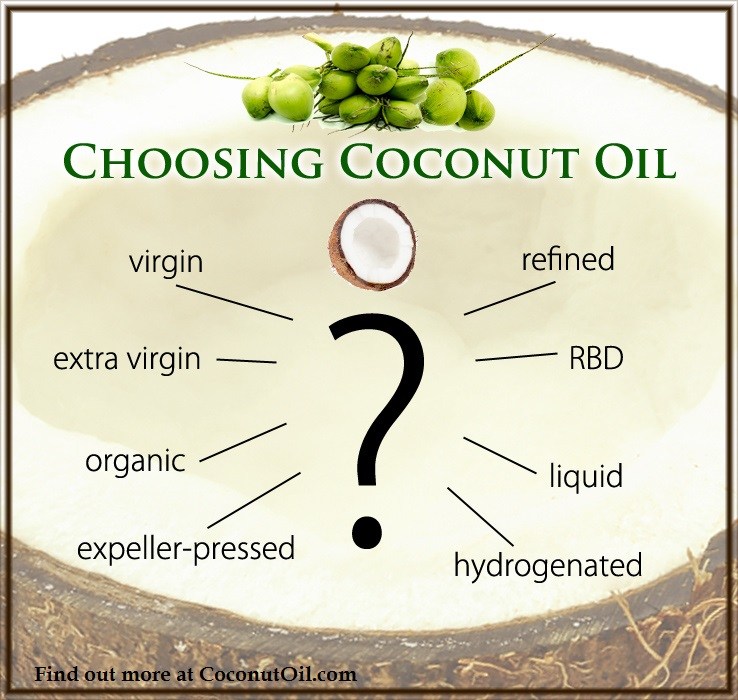
 HHS Secretary Kennedy Breaks His Promise: "War on Saturated Fat" Kept in Tact with New U.S. Dietary Guidelines
HHS Secretary Kennedy Breaks His Promise: "War on Saturated Fat" Kept in Tact with New U.S. Dietary Guidelines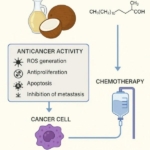 Research Continues to Show Virgin Coconut Oil's Effectiveness in Treating Cancer
Research Continues to Show Virgin Coconut Oil's Effectiveness in Treating Cancer Coconut Oil Continues to Benefit Alzheimer's Patients over Drugs as Studies Continue for Neurological Benefits
Coconut Oil Continues to Benefit Alzheimer's Patients over Drugs as Studies Continue for Neurological Benefits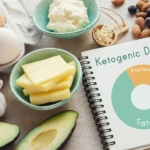 How the Simple High-Fat Low-Carb Ketogenic Diet Continues to Change People's Lives
How the Simple High-Fat Low-Carb Ketogenic Diet Continues to Change People's Lives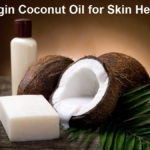 New Studies Continue to Show that Coconut Oil is the Best Oil for Treating Skin Conditions and Maintaining Healthy Skin and Teeth
New Studies Continue to Show that Coconut Oil is the Best Oil for Treating Skin Conditions and Maintaining Healthy Skin and Teeth